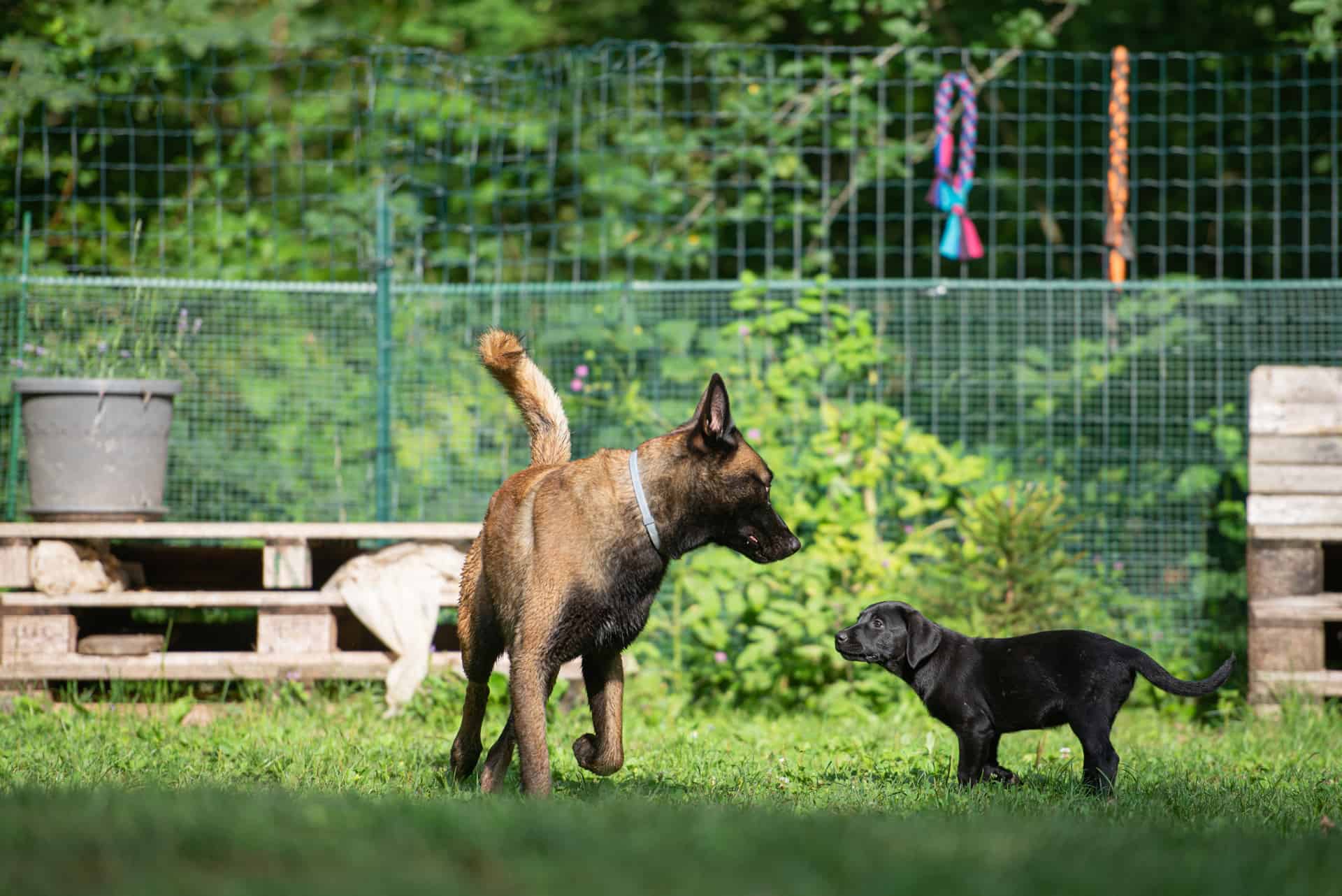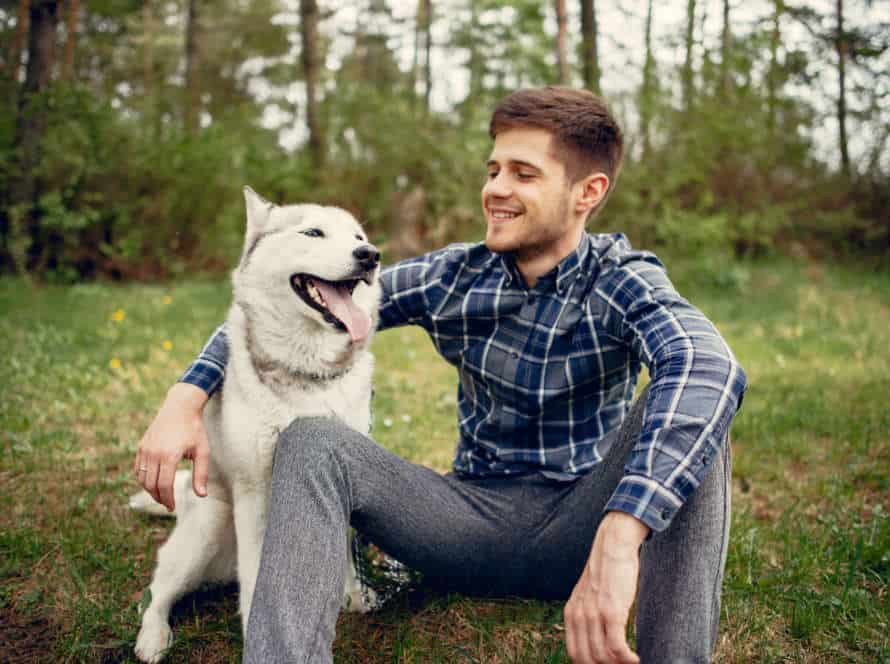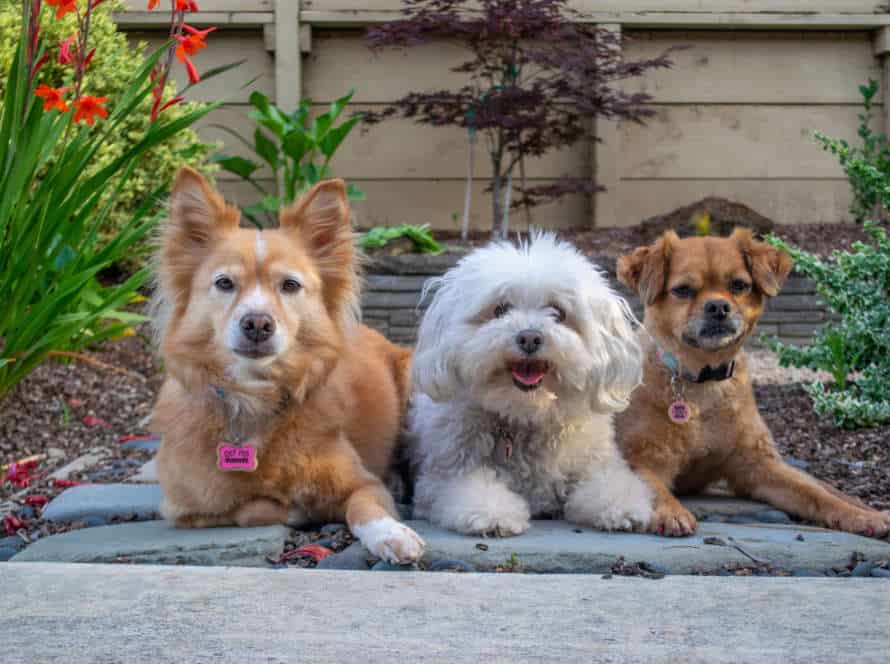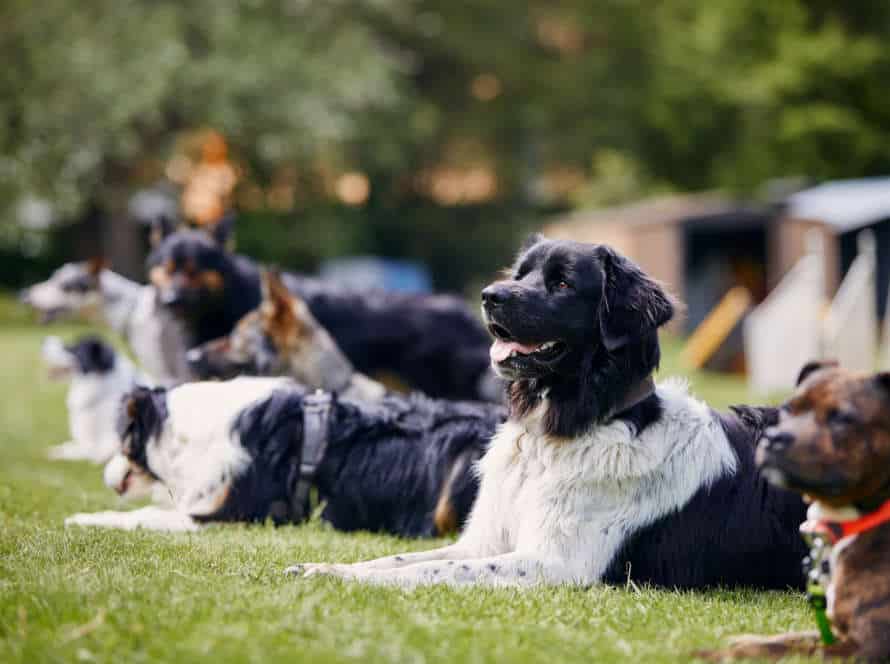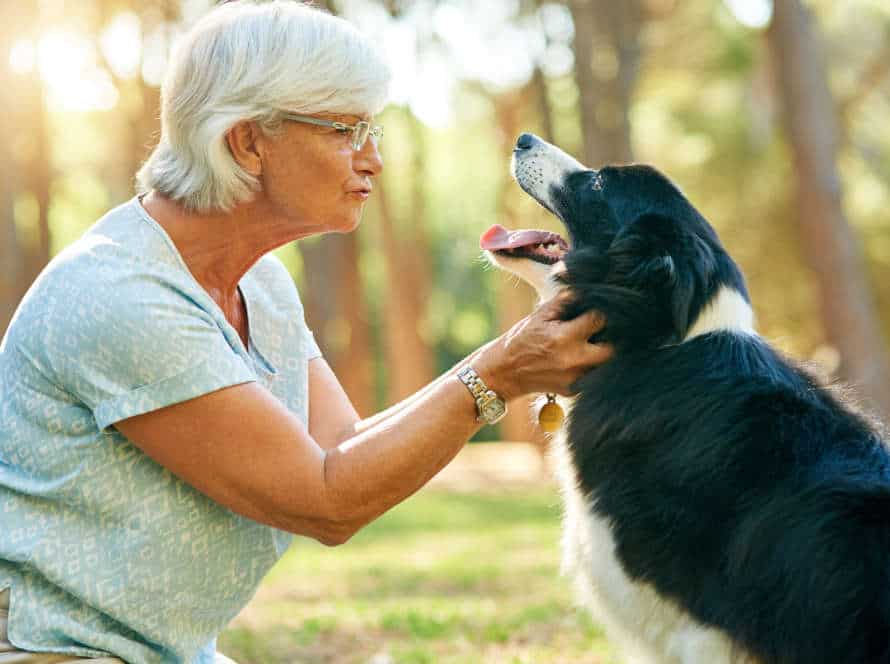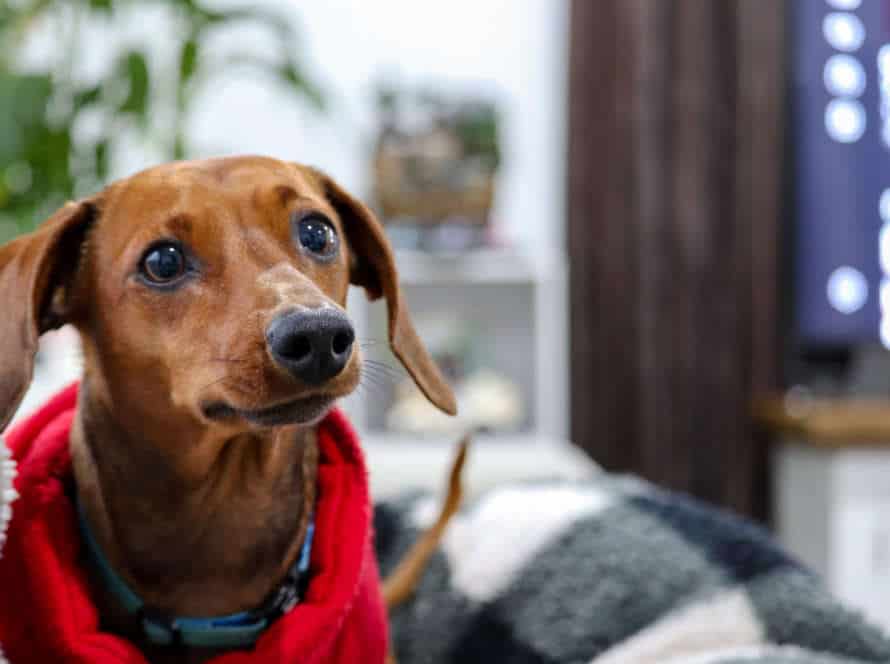Socializing Puppies: Building Confidence and Trust
Socializing puppies is necessary for them to become healthy and content adults. Here are five tips to make it successful:
- Start early – introduce your pup to new places and people right away.
- Gradual exposure – let your pup adjust to new things at their own pace.
- Positive reinforcement – use treats and praise to encourage good behaviors.
- Controlled play – give your pup socialization opportunities through play with other vaccinated, friendly dogs.
- Consistency – be consistent in your efforts to ensure your pup is confident in different scenarios.
Remember, socialization doesn’t stop once your pup is fully grown – keep giving them new experiences throughout their life to sustain their trust and confidence.
When to Start Socializing Your Puppy
Socializing your pup is crucial for building their trust and self-assurance. The sooner you start, the better! It will help them adjust to their environment. Remember, this must occur in a calm and positive atmosphere. In this article, we’ll discuss when to begin socializing your puppy and the best techniques for doing so.
The Critical Socialization Period
The Critical Socialization Period is a must for puppies. It’s when they learn to be cool with people, animals, and environments. Starting socializing your pup at 3 weeks to 12-14 weeks is recommended to build confidence and trust. Here’s some advice:
- Introduce your puppy to people of different looks, smells, and characters.
- Get your pup used to different sounds, like traffic, TVs and voices.
- Take your pup on brief car trips or to the vet to get them comfy with travel.
- Let your pup explore different textures and surfaces, such as grass, sand, and tiles.
- Introduce your pup to other dogs and animals in a controlled environment.
Remember – socializing should be a fun experience for your pup. Avoid bad experiences.
Early Socialization and Its Benefits
Socializing your pup early is key to developing their confidence, trust, and healthy behaviors. The best time to start is between 3-14 weeks.
Try introducing new people, animals, and environments in a safe way. Expose them to new sounds, smells, sights, and textures gradually. Praise and reward good behavior like eye contact, following commands, and staying calm. Avoid situations that could traumatize them such as dog fights, loud noises, or aggressive animals.
Early socialization helps prevent behavior problems, improve health, and build a strong bond with your pet.
Risks of Delayed Socialization
Socializing is a must for puppies. Start it as early as 3-4 weeks old. Else, it can cause problems. Such as:
- Fearfulness – Puppies that aren’t socialized can become scared of people, animals, and new experiences resulting in aggression and anxiety.
- Separation Anxiety – If not socialized, puppies can become stressed when left alone, resulting in destructive behavior and barking.
- Aggression – Puppies without social exposure may be aggressive towards strangers or other dogs.
- Difficulty in training – Unsocialized puppies find it hard to follow commands or learn obedience.
As a pet owner, it’s essential to introduce your pup to people, places, things, and other animals. Doing so will help them gain confidence, trust, and become well-adjusted adults.
How to Socialize Your Puppy
Puppy socialization is key for a happy pet. They must meet new people, animals, places, and experiences. It helps with trust and courage. Plus, it avoids aggression and fear in the future.
Let’s look at the best methods for raising a social pup!
- Expose your puppy to new things early on in life, starting as early as 3 to 12 weeks of age.
- Take your puppy to a puppy socialization class to interact with other puppies and learn proper behavior.
- Expose your puppy to different people of different ages, genders, and ethnicities.
- Expose your puppy to different environments, such as parks, pet stores, and other public places.
- Use positive reinforcement, rewarding your puppy for calm and comfortable behavior during socialization activities.
Introducing Your Puppy to New People
Introducing your pup to new people is a must for socializing them and making them trust different places. Here are tips to help:
- Tether your pup on a leash. Let them approach new people when they’re ready.
- Reward them with treats and words of praise when they’re friendly with new people.
- Invite family/friends to come to your home to meet the pup.
- Help the pup meet people of all ages, genders and backgrounds.
- Visit parks and pet stores to increase the pup’s exposure to new people.
- Always supervise interactions and step in if needed.
The key is to keep the experience positive and rewarding. Stick with it and your pup will soon be OK with new people and places!
Introducing Your Puppy to New Environments
Introducing your pup to new surroundings is great for socializing, building trust, and boosting confidence. Here are a few tips:
- Get started with familiar people and animals – Introduce your pup to family, friends, and other pets. Then, move on to new faces and creatures.
- Show them new sights – Take walks to parks or busy streets. Give treats if your pup is scared. Use positive reinforcement to associate the new places with happy times.
- Increase exposure gradually – Start with short trips and go further and more often as your pup gets more comfortable.
- Reward good behavior – Treats, praise, and playtime are important when socializing.
Be patient and look out for your pup’s needs during the process.
Introducing Your Puppy to Other Dogs
Introducing your puppy to other dogs is a must. Here’s how to do it right!
Start Slowly: Introduce your pup to a calm, friendly dog. Let them sniff each other on leashes, and reward them with treats.
Supervise Playtime: After they become comfortable, let them play together under your supervision. Intervene if it gets too rough.
Puppy Socialization Class: Consider taking a pup socialization class. It’s a safe, controlled environment to learn social skills.
Positive Reinforcement: Always reward good behavior with treats and praise. This will increase trust in you.
Remember: Socializing your puppy takes time, patience and consistency. With these tips, they’ll develop the skills they need to interact with other pups.
Common Mistakes to Avoid When Socializing Your Puppy
Socializing pups is a must for keeping them happy and confident. But it’s easy to go wrong. Here’s how to dodge the puppy socialization traps! Avoid these common mistakes owners make when they’re trying to socialize their pup.
Overwhelming Your Puppy in New Situations
Be careful not to overwhelm your puppy in unfamiliar situations. To help them gain confidence and trust, take it slow and introduce new experiences slowly. Here’s some advice:
- Begin with low-stress situations and increase complexity as you go along.
- Don’t push your pup into new situations – let them choose when they’re ready to explore.
- Use positive reinforcement techniques to reward desirable behaviour and teach them that new experiences are good.
- Always supervise your pooch to keep them safe.
- Give them brief breaks and down-time to process what they’ve learnt and avoid overwhelming them.
By following these tips, you can help your puppy develop the social skills they need to become a happy, healthy adult dog.
Failing to Take Your Puppy’s Personality into Account
One slip-up when introducing your puppy to others is to not factor in their individual character and attitude. Not every pup is the same. Some may need more time and care to become socialized.
Here’s how to dodge this blunder:
- Look at your pup’s conduct when around other dogs, people, and new places.
- If your pup looks scared or worried, take it easy and bring in novel experiences slowly.
- Don’t pressure your pup into events which make them uneasy or scared, as this could lead to bad connections with socialization.
- Think about signing your pup up for a socialization class conducted by a pro trainer who can lead you.
Keep in mind that socializing your pup is an enduring process which needs patience, regularity, and positive reinforcement.
Failing to Use Positive Reinforcement
Using positive reinforcement is a must when socializing puppies. It helps them gain trust and confidence. Here’s how:
- Reward your pup with treats and praise when they’re calm and friendly in new situations or around new people.
- Say “good boy/girl” and show physical gestures like petting and playing to reinforce the good behavior.
- Avoid rewarding bad behavior such as jumping or biting, this can encourage it.
- Be consistent! Everyone involved in socializing your pup should use the same rewards and cues.
Puppy Socialization Techniques to Build Trust and Confidence
Puppy socialization is essential. It helps create trust and confidence in your pup. Socialization means teaching your pup how to interact with other animals, humans, and novel situations. There are many ways to socialize your puppy. These include exposure to different environments and positive reinforcement. Let’s take a closer look at puppy socialization techniques.
Habituation Training
Habituation training is essential for socializing puppies. It’s the process of familiarizing them with different sights, sounds, textures, and experiences in a positive way. This helps them build trust and confidence. Here’s what to do:
- Start exposing your pup between 3 and 14 weeks of age.
- Introduce new experiences gradually and with a positive attitude.
- Reward calm behavior with treats and praise.
- Don’t overwhelm your pup with too much new stuff at once.
- Be patient and consistent with the training.
By following these tips, habituation will help your pup become a happy adult dog.
Positive Reinforcement Training
Positive reinforcement training is a great pup socialization technique. It builds trust and confidence in your furry pal. Reward good behavior, instead of punishing bad. Here’s how to use positive reinforcement to socialize your pup and help them trust you:
- Use treats, praises and petting for positive behaviors like coming when called, sitting, staying and leash walking.
- Be consistent with rewards and give them right away.
- No punishment or negative reinforcement – it damages trust and confidence.
- Take your pup to new places, introduce them to people, animals, and environments. This helps their confidence.
- Create a safe and positive environment for learning and growing.
Positive reinforcement training helps build a strong bond and trust that lasts forever.
Obedience Training
Obedience training is key for a happy and healthy pup-owner relationship. Before you begin, socialize your puppy to increase trust and confidence. Here are some tips:
- Start early – Expose young puppies to new people, animals, and surroundings.
- Positive reinforcement – Use treats, toys, and praise to reward desirable behaviour and make it a fun experience.
- Gradual exposure – Introduce your pup to new experiences bit by bit to ensure they’re comfortable.
- Be consistent – Make socializing your puppy a habit to build trust and confidence.
A good socialization foundation will make obedience training easier and more successful.
Safety Tips for Socializing Your Puppy
Socializing puppies is vital when raising them. It must be done safely, as puppies are very impressionable. Here are some tips for socializing your pup safely:
- Have realistic expectations too!
- Ensure a safe and secure environment.
- Keep your pup happy, healthy and confident.
Ensuring Your Puppy is Fully Vaccinated
Getting your pup fully vaccinated is vital for their health. Vaccines provide protection against contagious diseases, such as distemper, parvovirus, and rabies.
Here are some tips to help:
- Consult with your vet for the vaccinations schedule.
- Avoid taking them outside to public places until they’re fully vaccinated.
- Keep them away from unknown dogs unless they’re vaccinated too.
- Check them closely for signs of illness, such as vomiting, diarrhea, or loss of appetite.
By following these guidelines, your pup can stay healthy and safe while developing confidence. Always prioritize safety for your furry friend!
Using a Secure Leash and Harness
A secure leash and harness is key in teaching your pup safe socializing. Here’s how to do it:
- Choose a fitting harness and leash they can’t easily wiggle out of.
- Let them get used to it in a safe place, like your home or yard.
- Reward good behavior with treats or compliments.
- Keep the leash short and in control in busy or new places.
- Always supervise and be ready to step in if needed.
Using a secure leash and harness is an important part of socializing and safety training. It helps your pup gain confidence and trust, making them a loving and behaved pal.
Avoiding Crowded and Dangerous Areas.
Socializing your pup? It’s key to avoid busy and risky places – so they feel secure and comfy.
A few tips for keeping your puppy safe:
- Research your area and get quiet, low-traffic spots for your pup to play with other doggies.
- Introduce your pup to new environments little by little. Start with calmer settings and slowly increase their exposure to new sights, sounds, and smells.
- Pay attention to your pup’s body language and behaviour. Be on the lookout for any signs of stress, unease, or fear.
- If they show signs of distress or unease, get them out of the situation and try again another day.
- By steering clear of busy and dangerous areas and following these tips, you can help your pup build trust and confidence when socializing.
Frequently Asked Questions
Q: How can I introduce my puppy to new people?
A: Start by inviting familiar friends or family members over to your home, and encourage them to give your puppy treats and positive attention. Gradually increase the socialization by bringing your puppy to public places where there are other dogs and people, always supervising interactions and rewarding good behavior.
Q: What is the best way to socialize a shy puppy?
A: Go slow and build up their confidence with positive reinforcements such as treats and praise. Start in a controlled environment with just a few people or dogs and gradually increase their exposure to new situations. Never force your puppy to interact if they are uncomfortable or fearful.
Q: How can I socialize my puppy during the pandemic?
A: Take advantage of online training classes, virtual meet-ups with other puppy owners, and outdoor activities such as walks and hikes. You can also introduce your puppy to new sights and sounds by taking them for car rides.
Q: Is it okay to socialize my puppy before they are fully vaccinated?
A: It is important to follow your veterinarian’s advice regarding vaccines, but there are still ways to socialize your puppy safely. Avoid high-risk areas such as dog parks and areas with unvaccinated dogs. Consider inviting fully vaccinated dogs over to your home for play dates, and carrying your puppy in a secure carrier for exposure to different environments.
Q: Can socialization help prevent behavior problems in my puppy?
A: Yes, socialization can help prevent phobias, fear, and aggression in your puppy. It can also aid in their training and obedience, making for a happier and well-adjusted adult dog.
Q: How much socialization does my puppy need?
A: Puppies have a critical socialization period between 3 to 14 weeks of age. However, socialization should continue throughout their first year. It is important to expose them to a wide range of people, dogs, and experiences to build their confidence and trust.

